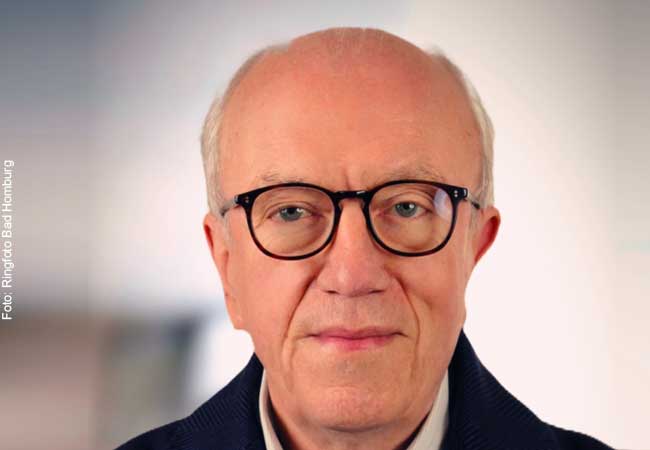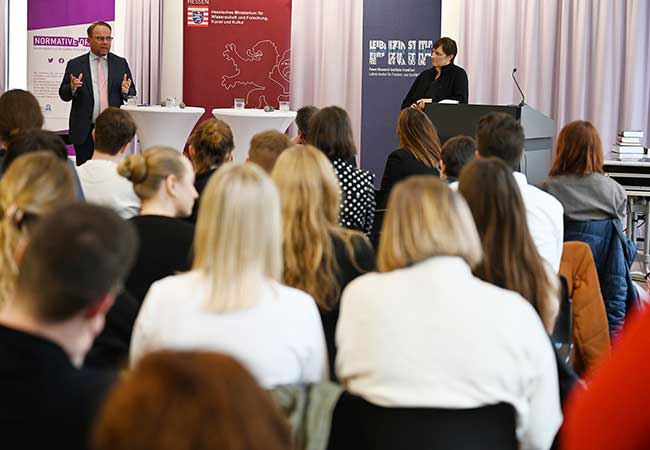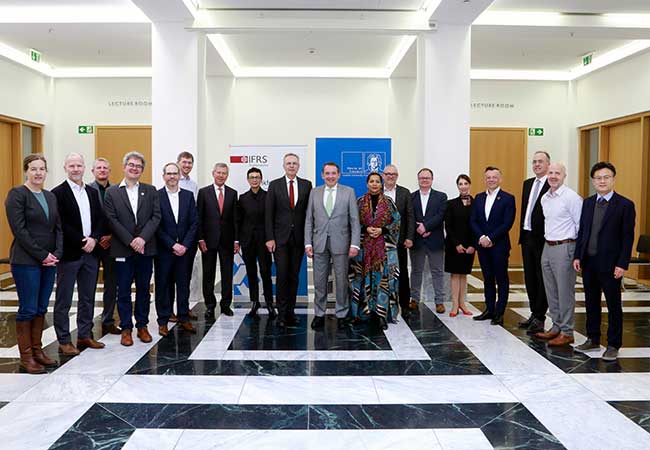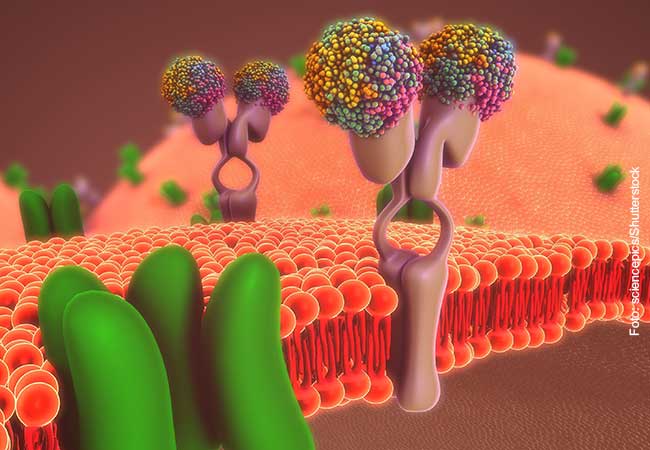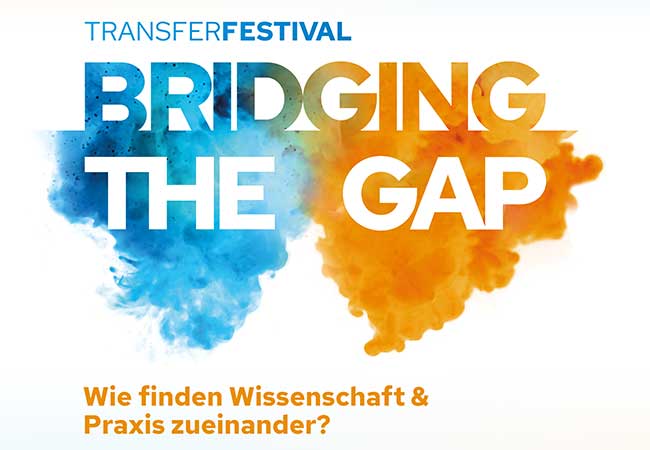Konstantinos Stellos awarded ERC Starting Grant.
Atherosclerosis, the most frequent cause of death in the western world, usually starts with an inflammation of arterial endothelial cells, a process that affects the structure and function of blood vessels and may ultimately lead to an acute heart attack or stroke. It is still unclear so far how endothelial cells “sense” the environmental stimuli and how pro-inflammatory processes are controlled. With the help of an ERC Starting Grant of € 1.5 million awarded by the European Research Council, Professor Konstantinos Stellos of Goethe University Frankfurt now plans to examine the process at single nucleotide-level of RNA molecules.
Increasing recent evidence suggests that RNA is not just a passive copy of the genetic code necessary for the production of proteins, the building blocks of cells, but also important for regulating intracellular transport and stability of genetic information, thus allowing or inhibiting its decoding to proteins. Even today, how RNA reacts to its ambient surroundings is not fully understood. For example, it is still far from clear whether chemical modifications to the RNA have an influence on gene expression, endothelial cell function and therefore on atherosclerosis.
The research group led by Konstantinos Stellos from the Institute of Cardiovascular Regeneration and the Department of Cardiology at Goethe University Frankfurt has observed two particularly common chemical modifications in the RNA of endothelial cells that occur in atherosclerosis. His intention now is to investigate another RNA modification in detail, namely the impact of RNA methylation on blood vessel function.
The researchers aim to increase our understanding of how RNA methylation affects gene expression, which proteins play a role in this context and what impact RNA methylation has on vascular inflammation and atherosclerosis. Their findings will be further “translated” into patients with coronary heart disease. They also hope to detect biomarkers which reveal early signs of atherosclerosis in the general population as well as develop new therapeutic strategies for this common disease.
Konstantinos Stellos completed his medical degree in Greece in 2005 and two years later his doctorate at the University of Tübingen. His “habilitation” (postdoctoral lecture qualification) followed in 2013 at Goethe University Frankfurt. Since 2013, he is board-certified cardiologist and group leader at the Institute of Cardiovascular Regeneration of Goethe University Frankfurt.
With the ERC Starting Grant, the European Union funds excellent early-career scientists after their doctorate so they can launch an independent career and establish their own research team.
Further information: https://erc.europa.eu/news/erc-2017-starting-grants-results or www.stelloslab.com
Source: Press Release 18/09/17



